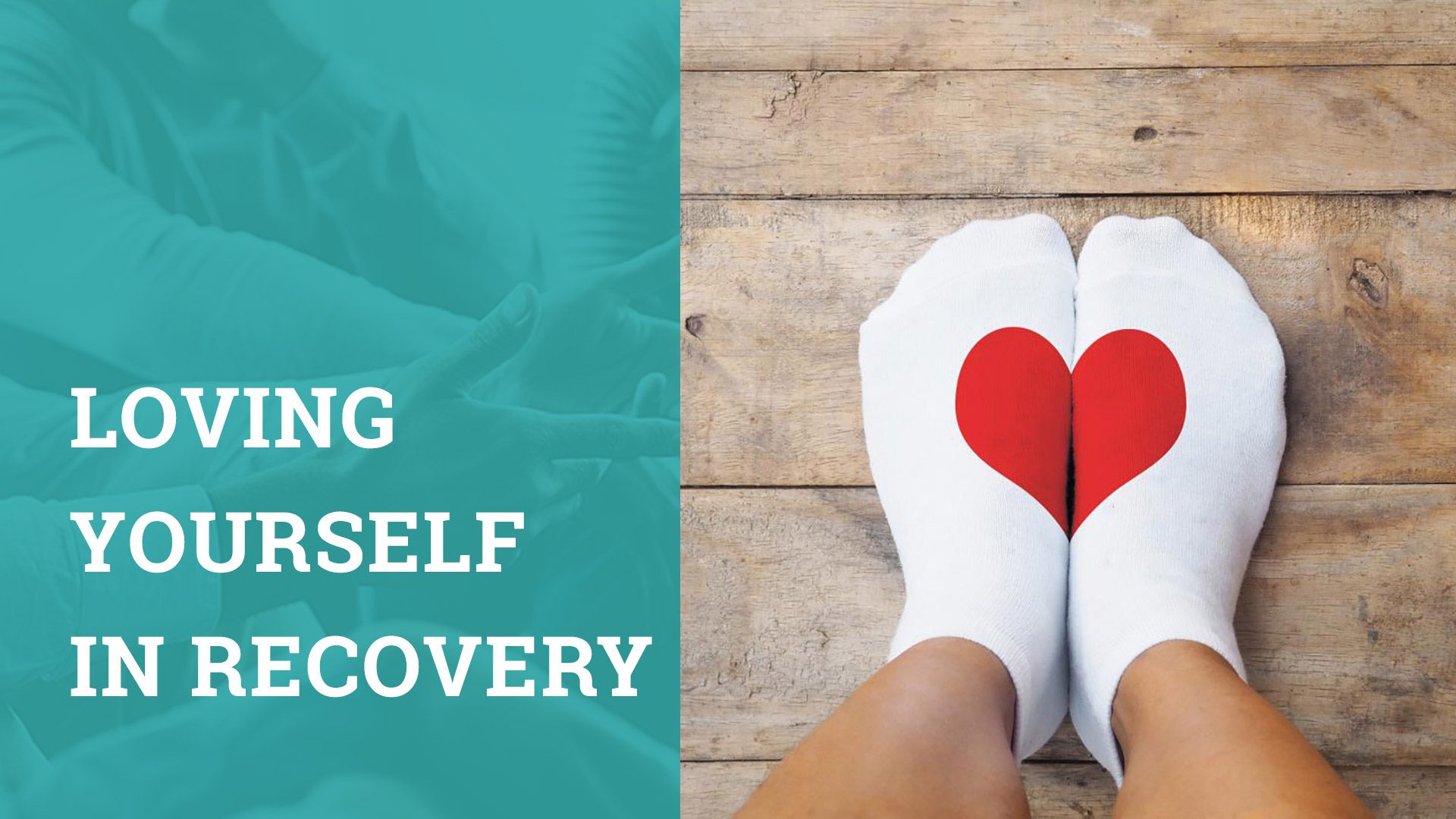By Kimberly Boone, MA, LMHC
Clinical Director
Recovery Works Merrillville of Pinnacle Treatment Centers
For those suffering from addiction, the road to recovery can be long and progressive. These individuals often times struggle with guilt and shame, which in turn results in a lack of self-worth and the inability to love themselves.
This lack of self-worth can result in depression, anxiety, feelings of hopelessness, and an inability to see life past their current situation. Although the recovery journey is tough, there are four key steps that encourage self-love in recovery which will help one to sustain throughout the process. The four key steps are: 1) Forgiveness 2) Understanding 3) Acceptance and 4) Love/Appreciation of others.
Forgiveness is key to self-love because until an individual learns how to forgive one’s self, they will never be able to love themselves. Forgiveness unlocks the ability within one’s self to look beyond all of the negative things they have done or think about themselves and begin to see the reasons they have to love themselves. Forgiveness helps those struggling with addiction to see beyond their faults and past mistakes and look towards the future and new opportunities to reinvent themselves. Forgiveness acknowledges that they are deserving of another chance.
Understanding why they use substances are important because it is through identifying the root cause that one is able to better understand the choices they have made. This understanding of not only the addiction, but why they became an addict, helps one to identify the real problem and allows them to truly process the reason(s) why they use substances. The addiction is only a symptom of a bigger issue and this understanding allows the heart to heal and unlocks the key to beginning to love one’s self again.
Acceptance is important because once an individual accepts who they are, what they’ve done, and that they have an addiction, it takes the pressure off of them from living a false reality and being in denial about the addiction. Acceptance is freeing one’s self from the burden of guilt, hurt, and shame and learning that they no longer have to be defined by the things they have done. It also allows them to surrender and acknowledge that they are powerless over the addiction and no longer have to be controlled by their drug of choice.
Appreciation/Love of others is another important aspect of self-love. By appreciating others and recognizing the love of other people, we are able to identify that we are worthy of love because we see it in others. This becomes a driving force and raises something in us that helps remind us that we are not all bad, that our addiction does not define us, and that we are capable of loving those who love us.
Self-care in recovery also assists with self-love. Practicing self-care techniques allows you to:
- Put your recovery first
- Follow your recovery plan
- Utilize support groups
- Focus on people, places, and things that support you and your recovery
- Create a daily routine and have a plan for everyday (structure)
- Reconnect with what brings you joy
- Take time to have fun
- Reward yourself
- Take life one day at a time
- Be grateful
- Live in the moment
All of these self-care tips helps those living with addiction and fosters self-love to find the good in themselves once again!
Located in Northwest Indiana, Recovery Works Merrillville provides substance use disorder treatment for men and women ages 18 and older that helps them return to a healthier life filled with renewed hope. Recovery Works is CARF accredited and offers the full continuum of care including medically supervised detox, residential and intensive outpatient programs (IOP).
